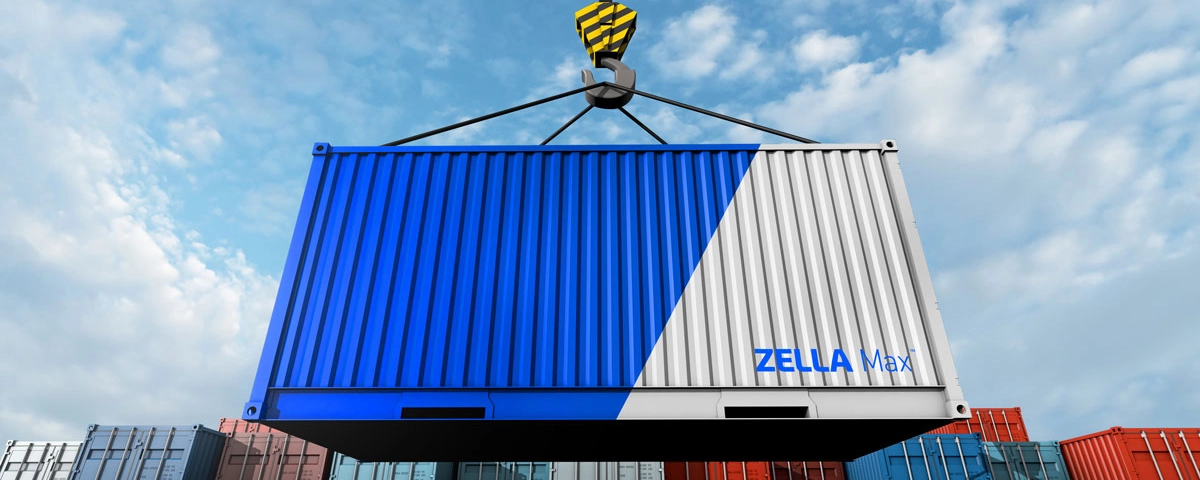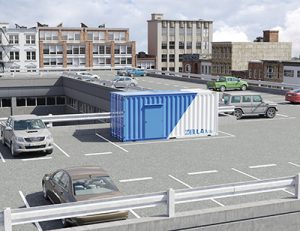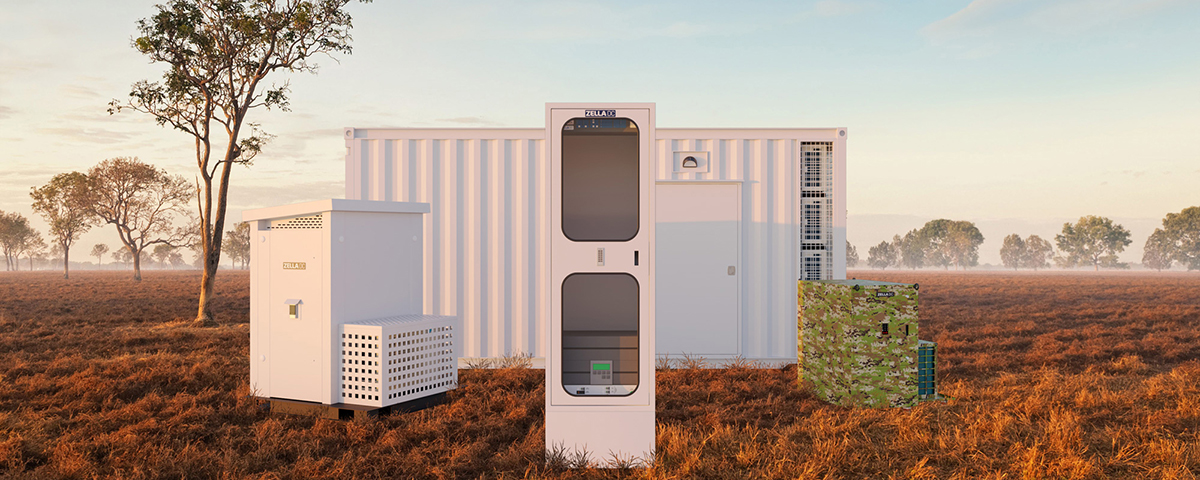Data capture and consummation are increasing exponentially on a global scale. In 2010, the figure stood at around 2 zettabytes. By 2020, this had increased to 64.2 zettabytes. At the current predicted rate, by 2025 this will have amassed to over 180 zettabytes* and counting…
As the data we create grows, so too does the need for storage. The old-school solutions of on-site data storage rooms no longer provide the capacity for many. Cloud storage, the much-hailed solution, has its limitations. Many companies still require sensitive data to be stored onsite; yet putting aside acres of prime office space to do so is becoming less and less palatable.
The answer? A containerised, or modular, solution.
Once solely an emergency option, more and more companies of all sizes are becoming aware of this attractive and cost-effective opportunity.
So, what is a containerised data centre? What’s driving their popularity and what are some typical applications where they’re best utilised?
To fully answer these questions, it’s first necessary to understand why traditional bricks & mortar data storage is losing favour.
- B&M data storage rooms take a long time to build, typically taking a year or more to be ready for action
- They’re expensive, both in terms of maintenance costs and the square meterage they cover
- They’re in a fixed position. A room or floor within an office facility can’t easily be moved, should a company need to change premises or upscale their data storage space
- They require skilled maintenance to look after them
- Scaling up storage room isn’t easily achieved
- Technology progresses fast. A data storage facility that’s suitable for today might not be the case in a few years’ time
- Hugely expensive to run. The whole room must be cooled to an ambient temperature 24/7
Containerised data centres are the future
The containerised alternative addresses all these issues, plus a whole lot more that have only become apparent as we move towards a ‘smart’ society.
A modular, or containerised, storage centre is, as the name suggests, a stand-alone facility that doesn’t take up any expensive floor space. It can be sited wherever you like – perhaps outside an office building or in a remote location, such as a mining facility, far from civilisation. The unit is wholly self-contained, requiring only a power supply and minimal cooling to keep the interior at the right temperature. As data storage needs increase, further units can be added as necessary.
This offers a multitude of advantages that can be defined as follows:
- Easily transportable: A containerised data centre can be moved to any location as required
- Easily scalable: Simply add more units as and when needed
- Fast deployment: Can be up and running within weeks
- Energy efficient: Far more so than a traditional data storage centre
- One design fits all: These are literally plug-n-play, requiring no design to be fitted into an existing business facility
- Cost-effective: Removes the need to sacrifice expensive real estate space for data storage
- Dynamic and agile: As technology advances and data needs change, a containerised solution can easily adapt alongside
In addition to all of this, one of the biggest drivers of containerised data centre use is our increasing reliance on IoT. These devices require instant data transfer, something that can’t rely on traditional data storage and cloud storage alone. Mobile connectivity is the number one consideration for companies around the globe, something that containerised data centres effectively achieve.
When it comes to a data storage solution that addresses the burgeoning need for instant, affordable, scalable and dynamic options, it becomes obvious to see why containerised data centres are the future.







